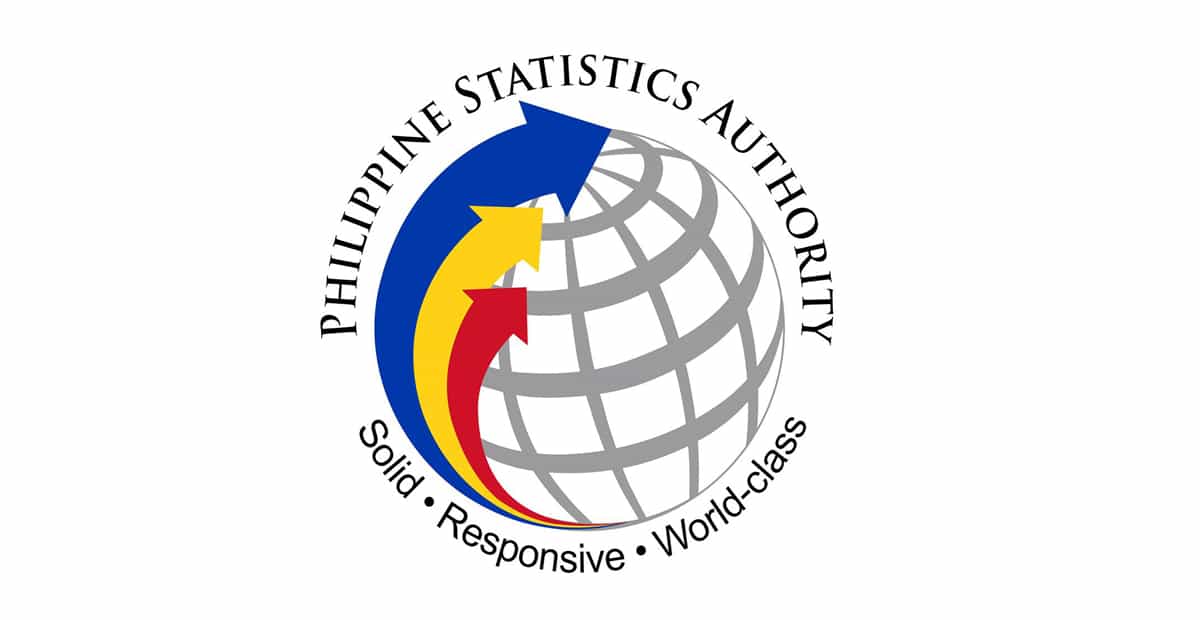Philippines sets reforms to strengthen statistical systems

MANILA, Philippines — The Philippine Statistics Authority (PSA) has approved several significant resolutions aimed at enhancing the country’s statistical systems and services.
The reforms focus on: enhancing regional economic analysis; rebasing the Philippine system of national accounts; improving the civil registry system (CRS); strengthening migration data collection; and expanding partnerships across its operations.
One of the key measures approved is the institutionalization of the compilation of provincial product accounts, which will provide more detailed economic data at the provincial level.
Board members emphasized that this initiative would improve coordination with local government units and enhance economic planning.
READ: Philippines to adjust inflation, GDP baseline starting 2026
The PSA Board also endorsed proposed improvements to the CRS, specifically the Decentralized Copy Annotation Process, to streamline civil registry services.
In addition, the board supported the establishment of a PSA-managed CRS outlet in Davao de Oro to improve public access to these services.
Data accuracy
To enhance data accuracy, the board approved the inclusion of the national ID number in administrative-based data collection forms used by agencies tracking international migration.
This initiative is expected to improve the reliability of migration statistics and simplify administrative processes.
Additionally, the PSA said its board addressed a request from its regional statistics committee VII to strengthen statistical coordination at the regional and local government unit levels.
Additionally, the PSA’s Technical Committee on Poverty Statistics pledged to review the existing methodology for estimating poverty, while the agency issued a memorandum to strengthen collaboration with stakeholders in refining statistical frameworks.
The PSA said its next board meeting is scheduled for May 2025, where further developments on these initiatives will be discussed.
